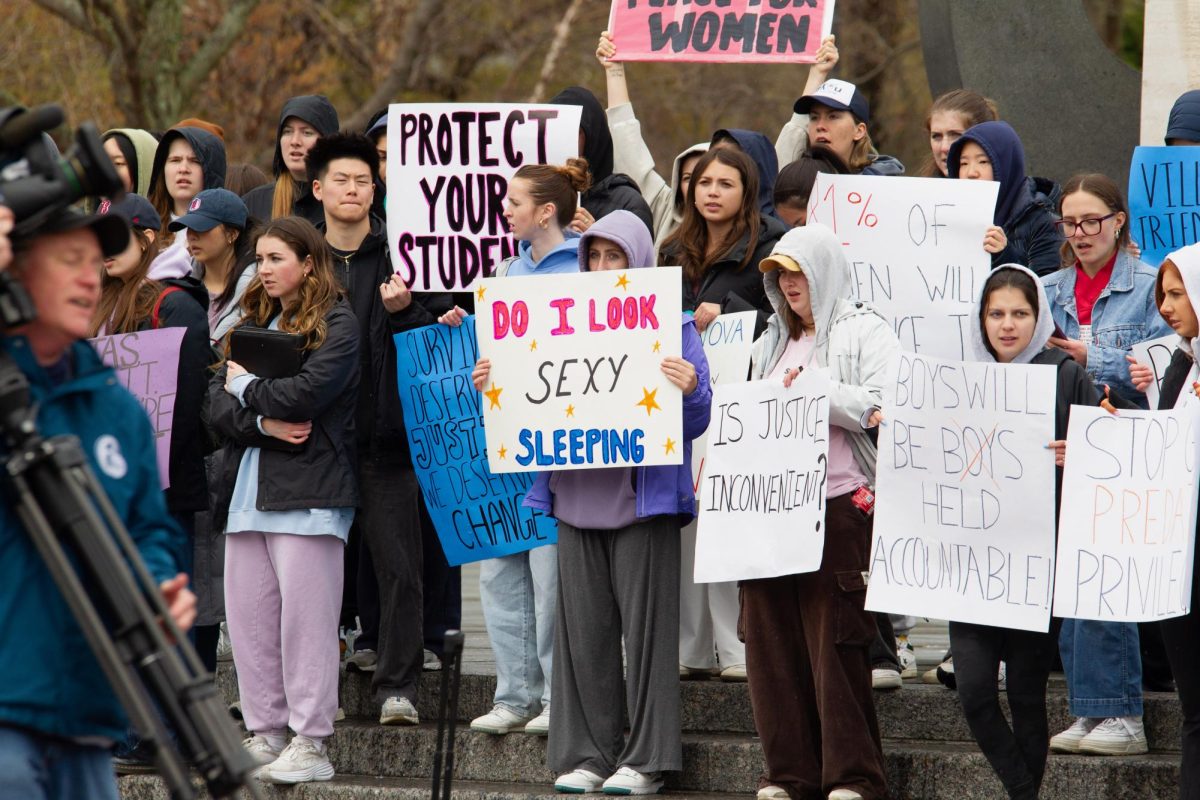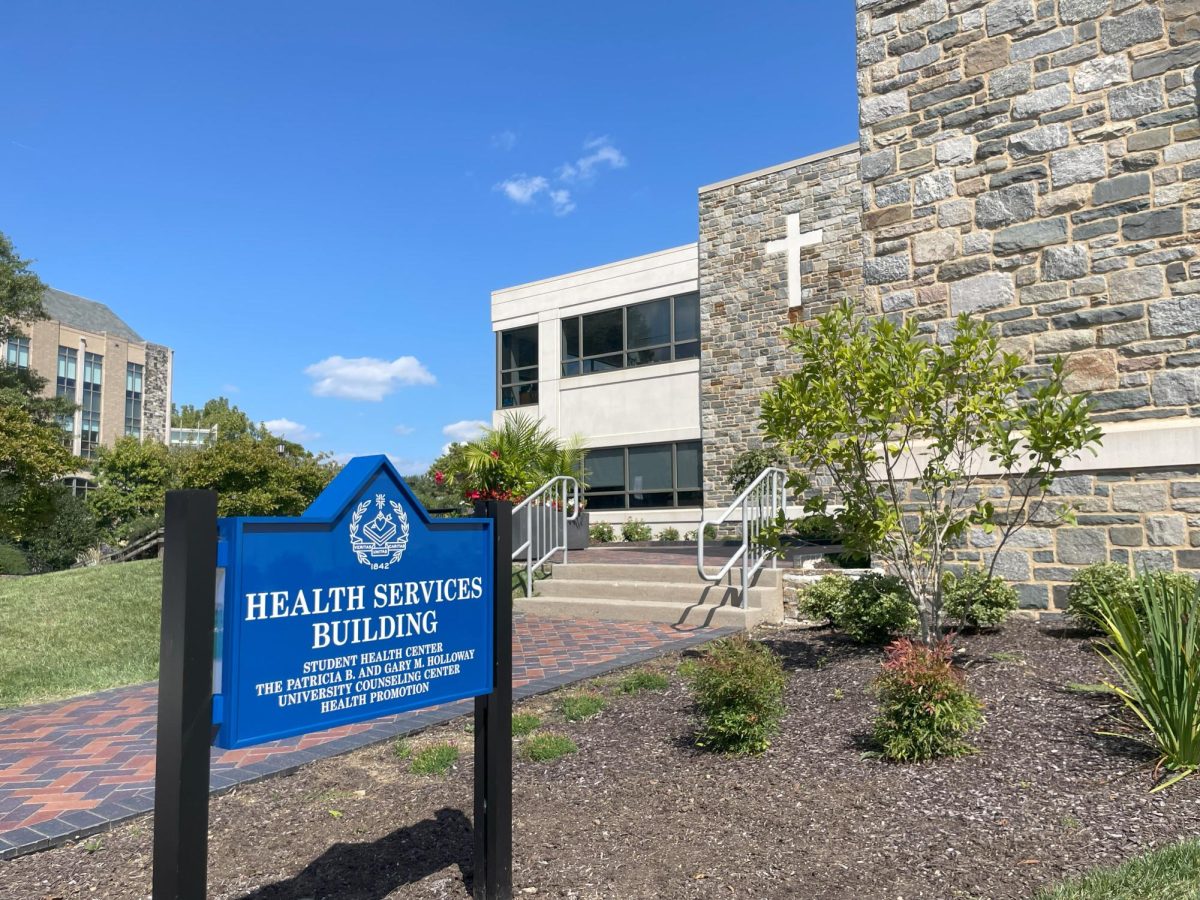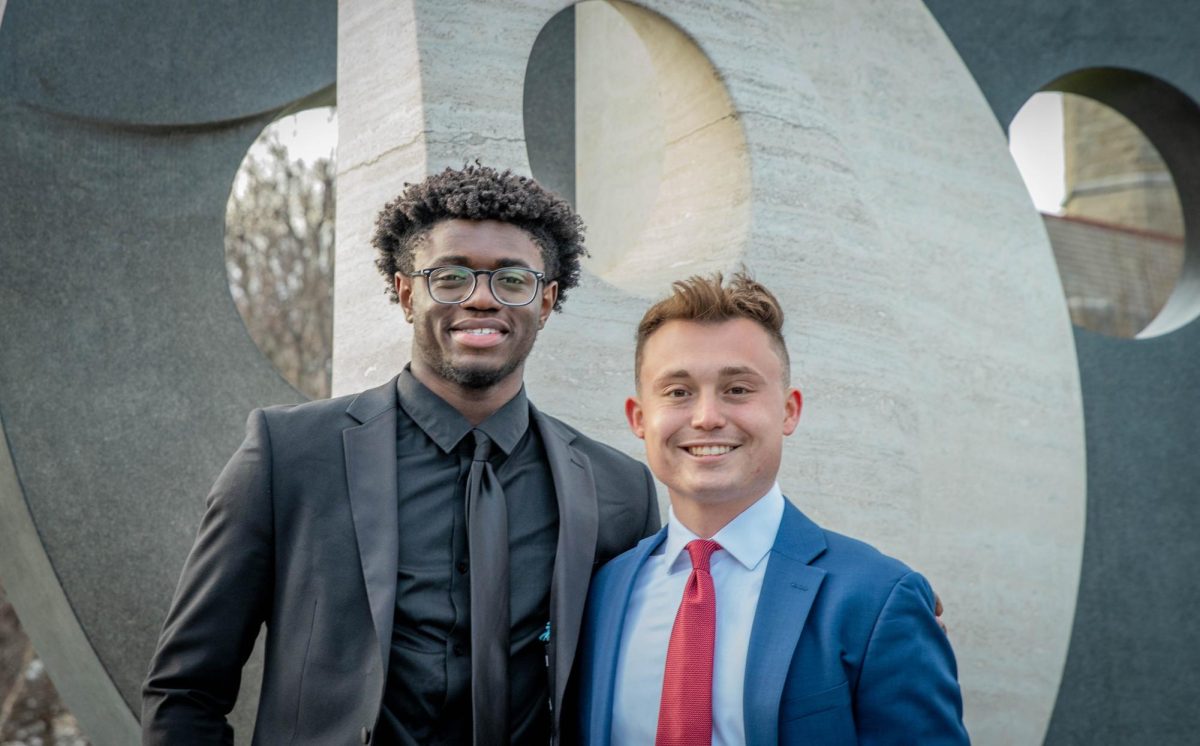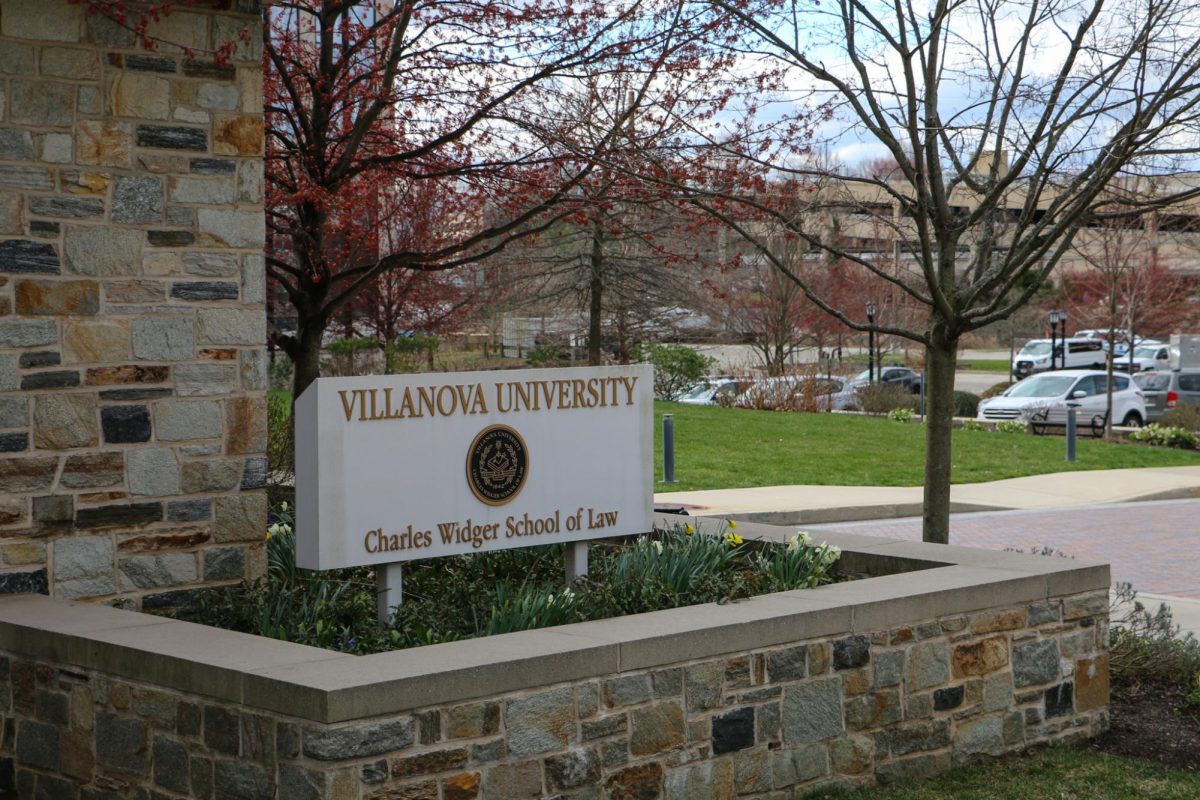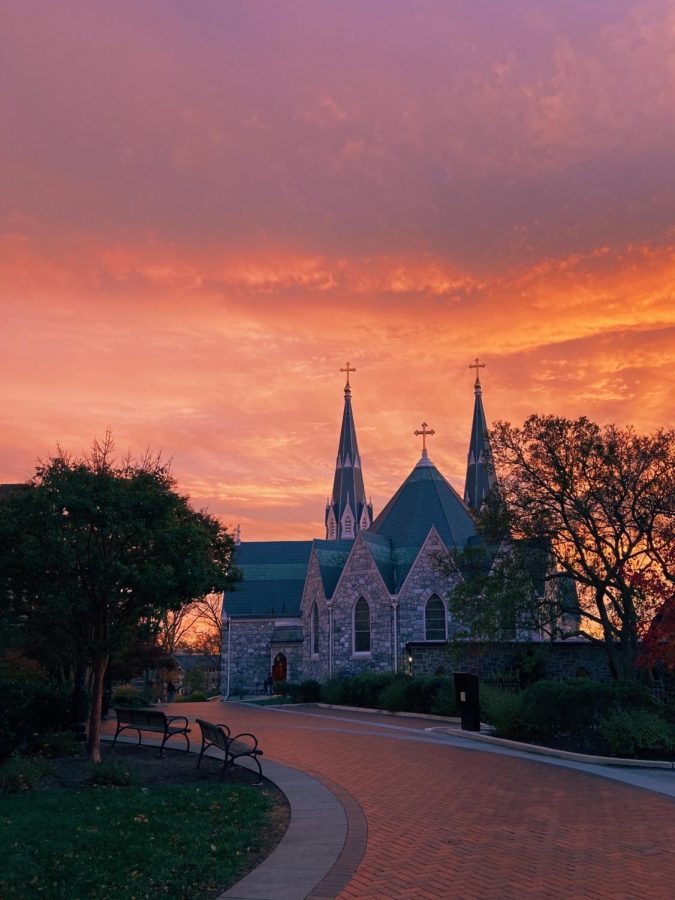Villanova students who crave a life-changing adventure or a personal growth opportunity should consider applying to become a Cruse International Fellow.
An alumnus from 1977, Ron Cruse, believes in the importance of seeing lesser-developed countries at a young age. In fact, Cruse has traveled to 90 different countries and more than three million miles across the world.
“It’s a whole perspective that can wash over you,” Cruse said. “It will fundamentally change your feelings about [what] happiness is and what life ought to be about.”
When making the decision to study abroad, most students consider a semester living in Europe, such as Rome or Madrid. However, Cruse noted that one reason for this is that those European cities and countries feel safer and more familiar to the United States culture.
“Europe is easy and it’s safe because of the amount of English and the cultural proximity that is not that different from the United States,” Cruse said.
The contrast between these more traditional study abroad choices and the decision to apply for the Cruse International Fellowship is that students can choose any country they desire, if they are able to back that location up with an academic goal.
Any Villanova student can apply for this fellowship program, and Cruse shared the success stories of several students from different schools on our campus.
“We had a nurse who spent their semester in Uganda in a children’s hospital,” Cruse said. “Another student went to the Czech Republic to study Soviet-inspired art, and there were some business students that went to Nicaragua, too.
While the global leadership program is a part of the Villanova Business School, students from any of the other schools on campus are eligible to apply. All students need to do to qualify for one of these fellowships is to provide a letter of recommendation from a professor or staff member. Once this letter is obtained, the student will then write to those running the program and outline potential expenses for their travels, as well as their goals and purpose for this abroad trip.
By applying to this program, students are giving themselves the opportunity to be granted one of two fellowships that grant a few thousand dollars for involvement in non-traditional global study and experience.
“For someone to go to one of these places for a few months or six [to] eight weeks, they have to immerse [themselves in] the local culture and economy,” Cruse said. “And to see lesser-developed countries will change your whole perspective on what the U.S. is and how lucky one is to be born here, but also that everyone here is so happy.”
In traveling to these countries where the culture and day-to-day life so starkly contrasts the culture at Villanova and in the United States, students are given the opportunity to not only live in a different country, but go on an adventure that could potentially change their life and worldview.
Cruse’s passion for world travel and motivation to start this program over a decade ago stems from his own experiences with a variety of countries.
“My first trip overseas, I landed in Saudi Arabia,” Cruse said. “I went during the time when all of the Muslim pilgrims go to Mecca, and the airport terminal was a huge melting pot of people from all over the world. I remember thinking ‘Holy moly,’ and I am really trying to achieve [it] with the fellowship.”
Cruse added that after his trip to Saudi Arabia and dozens of other countries, he thinks of Rwanda as one of his favorite places in the world. This might surprise Americans, as many think back to the genocide issues that occurred in the 90s. In fact, when people google “Rwanda,” one of the first suggested searches shows up as “Rwanda genocide.” However, according to Cruse, the country has developed and grown over the nearly 30 years that have passed since this genocide.
“Every day is like Hawaii,” Cruse said. “It’s right on the equator and culturally you think about the cultural tribalism that happened in the 90s, but it’s a remarkable place with the mountains and gorillas. There are a million things to do in Rwanda, and it is probably safer than anywhere in the U.S.”
After having traveled to all these countries, and even written about his experiences there in his book, Cruse was motivated to create this program to spread the kindness that he received from some of his own mentors and role models.
“There are a lot of people that have been mentors for me, so this is a really big pay it forward moment for me,” Cruse said. “I would hope that everyone would travel more, so hopefully we would have less anxiety and angst and they would be a lot happier if they saw the rest of the world and how lucky we are to be Americans.”
Students can read about Cruse’s adventures in his book, and potentially find inspiration to travel to more unique and non-traditional global study locations. To learn more about this fellowship program and previous locations in which students have studied, go to globalstudies.villanova.edu or contact Kim Cahill, the MCGL Director.

